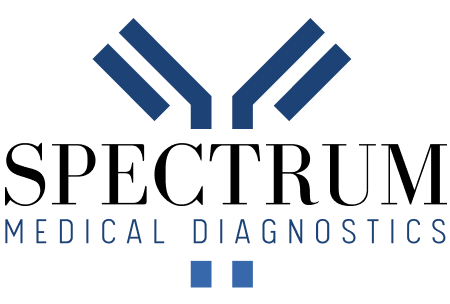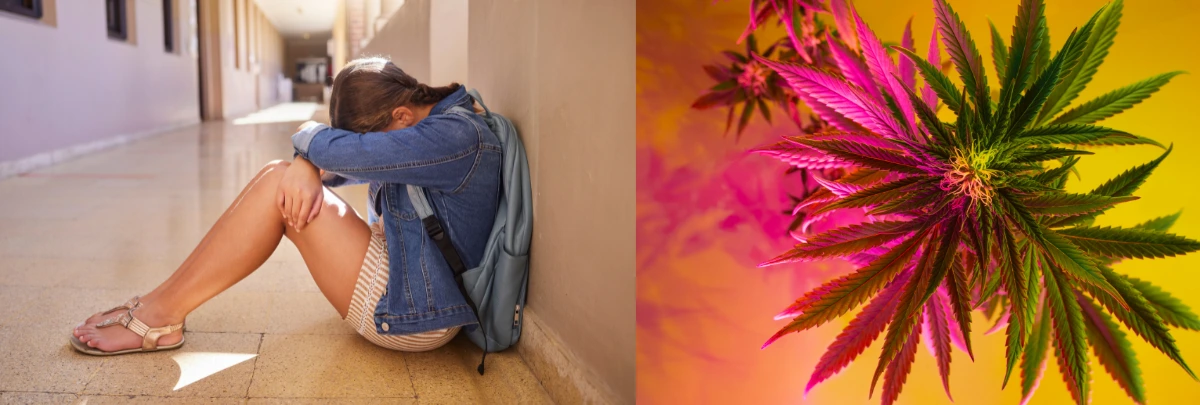Marijuana Abuse In Teens: The Psychosocial Analysis When it comes to substance abuse, one of the most vulnerable audiences for potential impact on future development are teenagers. While lightly experimenting may be a rite of passage for some adolescents, there are potential implications on brain health.
“Since the adolescent brain undergoes rapid and extensive development until a person reaches his or her mid-twenties. Brain development during this time helps to lay the foundation for success or, conversely, challenges later in life.” 1
If the adolescent brain is still developing up until a person’s early twenties there are studies and research to indicate that cannabis use and specifically more frequent use can cause negative effects on the teen’s growing brain.

“Accumulating research indicates that regular cannabis use initiated early in life can result in behavioural and cognitive impairments, including poor academic performance, and deficits in attention, information processing, and memory. These deficits have been shown to persist after an individual stops using cannabis; however, the exact duration of impairment is still unknown.”2
However, while the adolescent brain is still in development, there are other important factors that could affect mental health, as all teenagers aren’t built the exact same way. Additional factors that may affect or exasperate certain conditions may have a relation to family history.
“It is well established that regular cannabis use is associated with experiencing psychotic symptoms and developing schizophrenia, especially among those who have a personal or family history of psychotic disorders. Whether drug use induces psychosis and schizophrenia, or whether these illnesses put people at risk for drug use is still unknown. In fact, using marijuana can worsen depression and lead to more serious mental health disorders, such as schizophrenia, anxiety, and even suicide.”3
While condition like schizophrenia may have a genetic or family history component, many teens are prone to other illnesses such as depression, and using drugs during these times may make addiction to cannabis strong.
“Teens who smoke marijuana when feeling depressed are also more likely to become addicted to marijuana or other illicit drugs. Eight percent of depressed teens abused or became dependent on marijuana during the year they experienced depression, compared with only three percent of non-depressed teens.18 Overall, more teens are in treatment for marijuana dependence than for any other illicit drug.”4
While the argument can be made that if there is no predetermined genetic disposition to mental illness, the risk is lower, Psychology Today reports that regular marijuana users also affect basic brain function.
“A team led by Andrew Zalesky from The University of Melbourne, Australia examined this question by performing MRI scans on regular marijuana users who started smoking in adolescence and a comparison group who never smoked. They found that the neural connections between the brain’s left and right hemispheres were impaired in the marijuana users relative to the non-users, which could mean that smokers’ brains have poorer internal communication.”5
While the verdict is still out on conclusive evidence towards teens, the research is strong enough to discourage daily, or frequent use of cannabis in teens, especially in the younger demographic that have many more years of brain development ahead of them.
The post, Marijuana Abuse In Teens: The Psychosocial Analysis appeared first on https://spectrummdx.com
Sources:
3: https://www.ncjrs.gov/ondcppubs/publications/pdf/marij_mental_hlth.pdf
4: https://www.ncjrs.gov/ondcppubs/publications/pdf/marij_mental_hlth.pdf
5: https://www.psychologytoday.com/blog/you-illuminated/201409/long-term-effects-marijuana-the-brain

